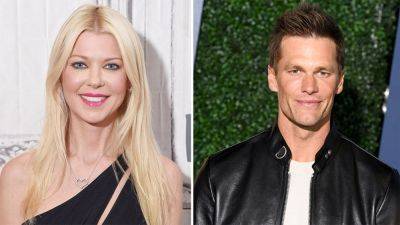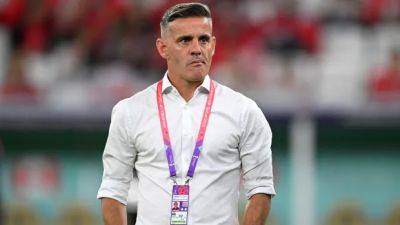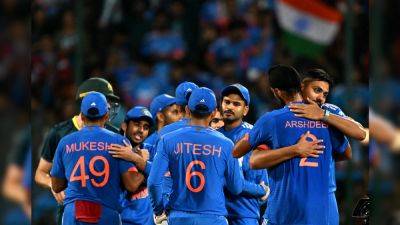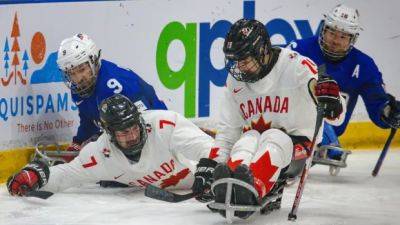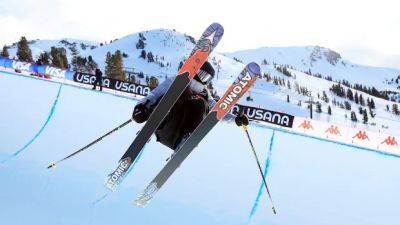I loved running because where I placed had nothing to do with my colour: Olympian Valerie Jerome
Black Life: Untold Stories illuminates the struggles and triumphs of Black Canadians while celebrating the contributions of both famous and lesser-known individuals. Epic in scope, the eight-part series spans more than 400 years with an eye toward contemporary issues, culture, politics, music, art and sports. The following personal essay comes from Valerie Jerome, who is featured in the episode 'More than a Game.' Watch now on CBC Gem.
I have never considered myself an elite athlete, but I guess the word "elite" means different things to different people.
Today, an elite athlete would be someone whose career is fostered by governments and organizations that provide support, advice, clothing and sportswear, plus generously proffered scholarships to educational institutions. When I started running in the 1950s, other than athletic scholarships to the USA — mostly for men — none of these benefits were available to amateur athletes.
An elite career also comes with media attention, and at the end of that elite career, there are records of that elite existence. And it is here that I distinguish myself from my amazing brother, Canadian sprinter Harry Jerome: I was a flash in the pan. Researchers have sought out photos and film of my performances and have come up pretty much empty handed. So to be clear: I was not an elite athlete.
We were the only Black family in North Vancouver, where many of the properties had covenants on them that said things like, "When you buy this property, you will not sell to Blacks, Asians or Jews." We had moved into a house without a covenant, but people on the street still petitioned to block our ability to buy it.
On my first day of elementary school in 1951, white students stood in front of




